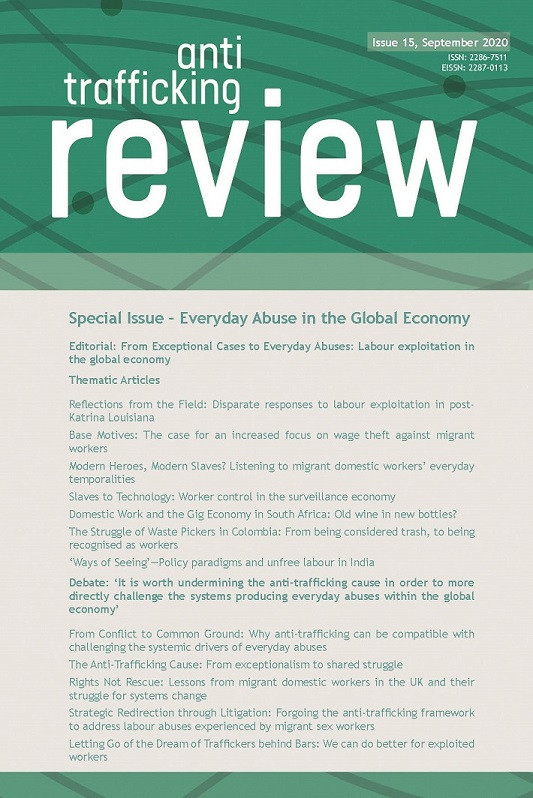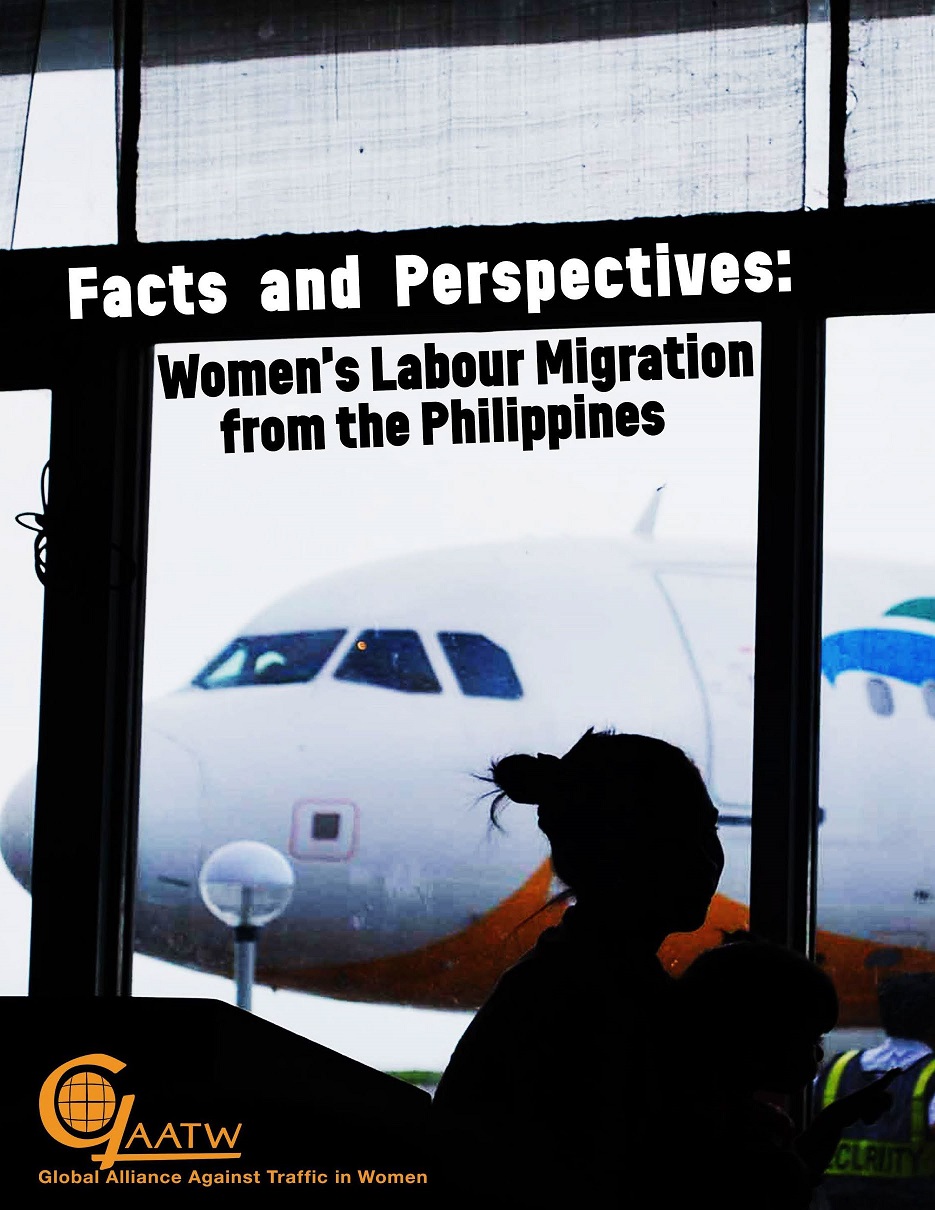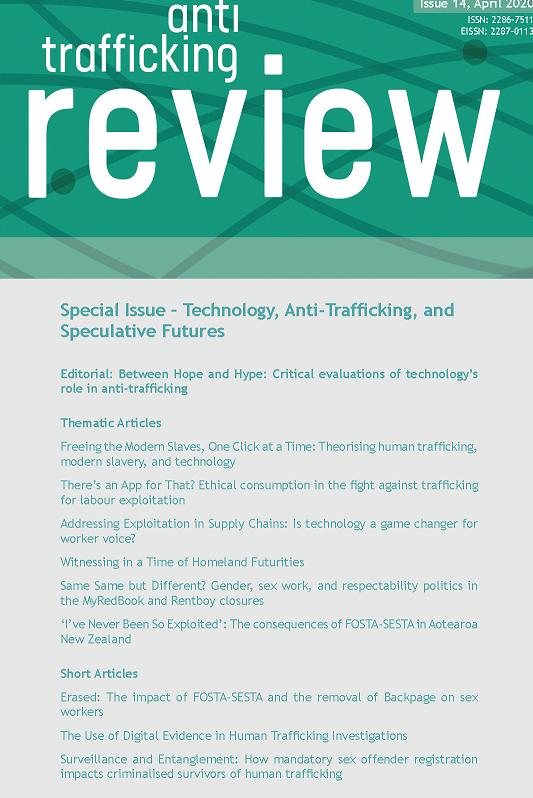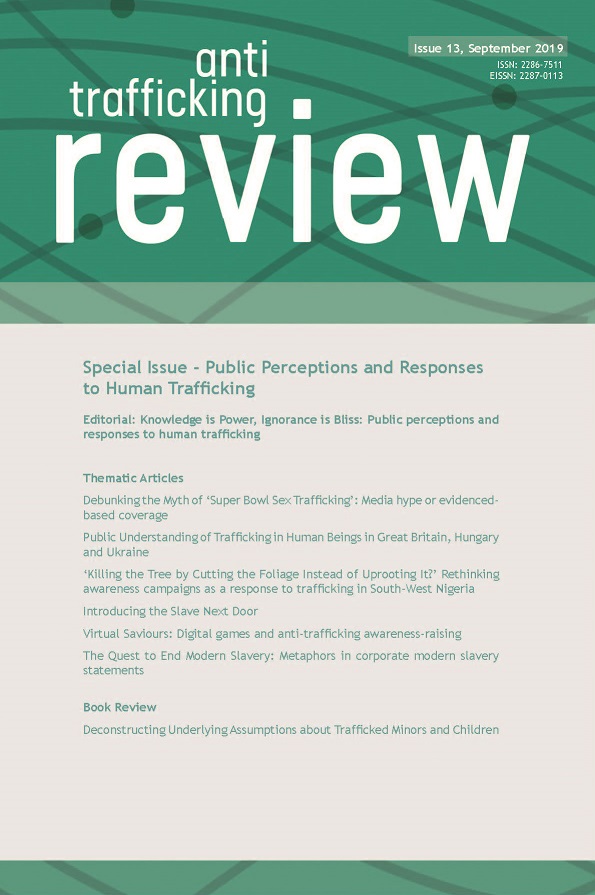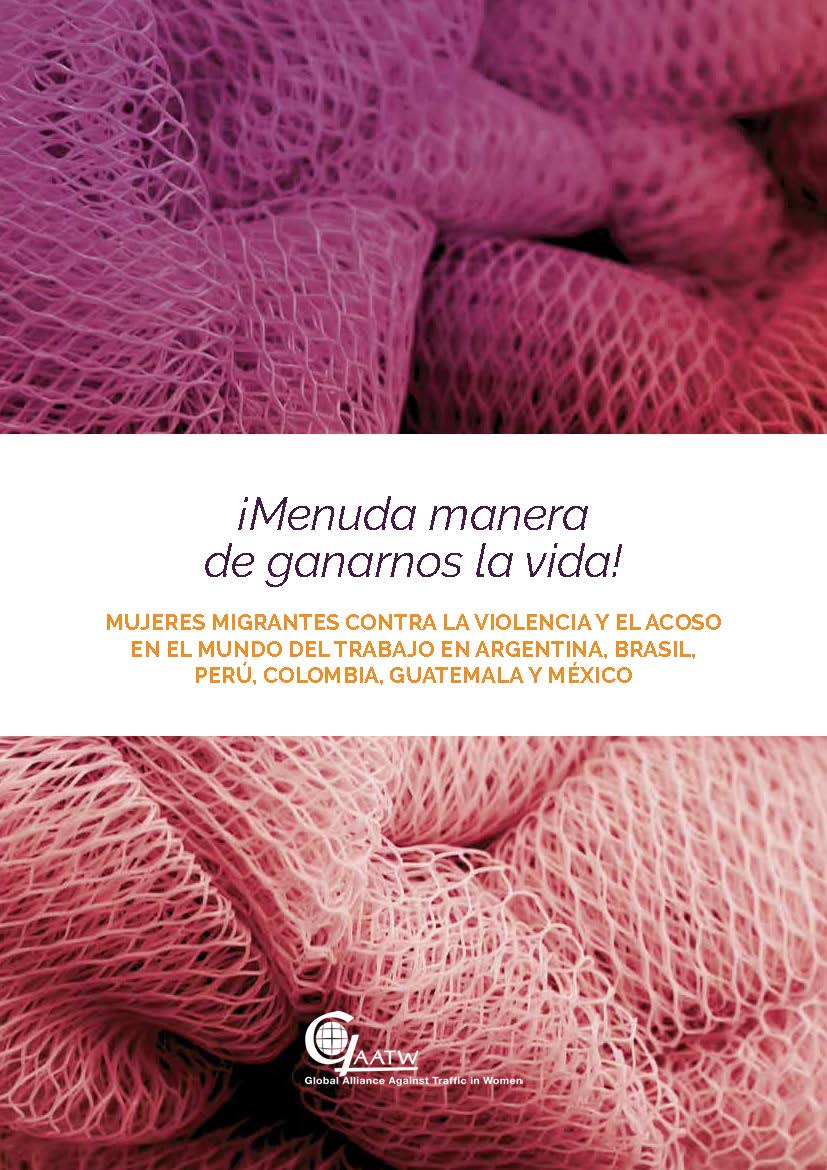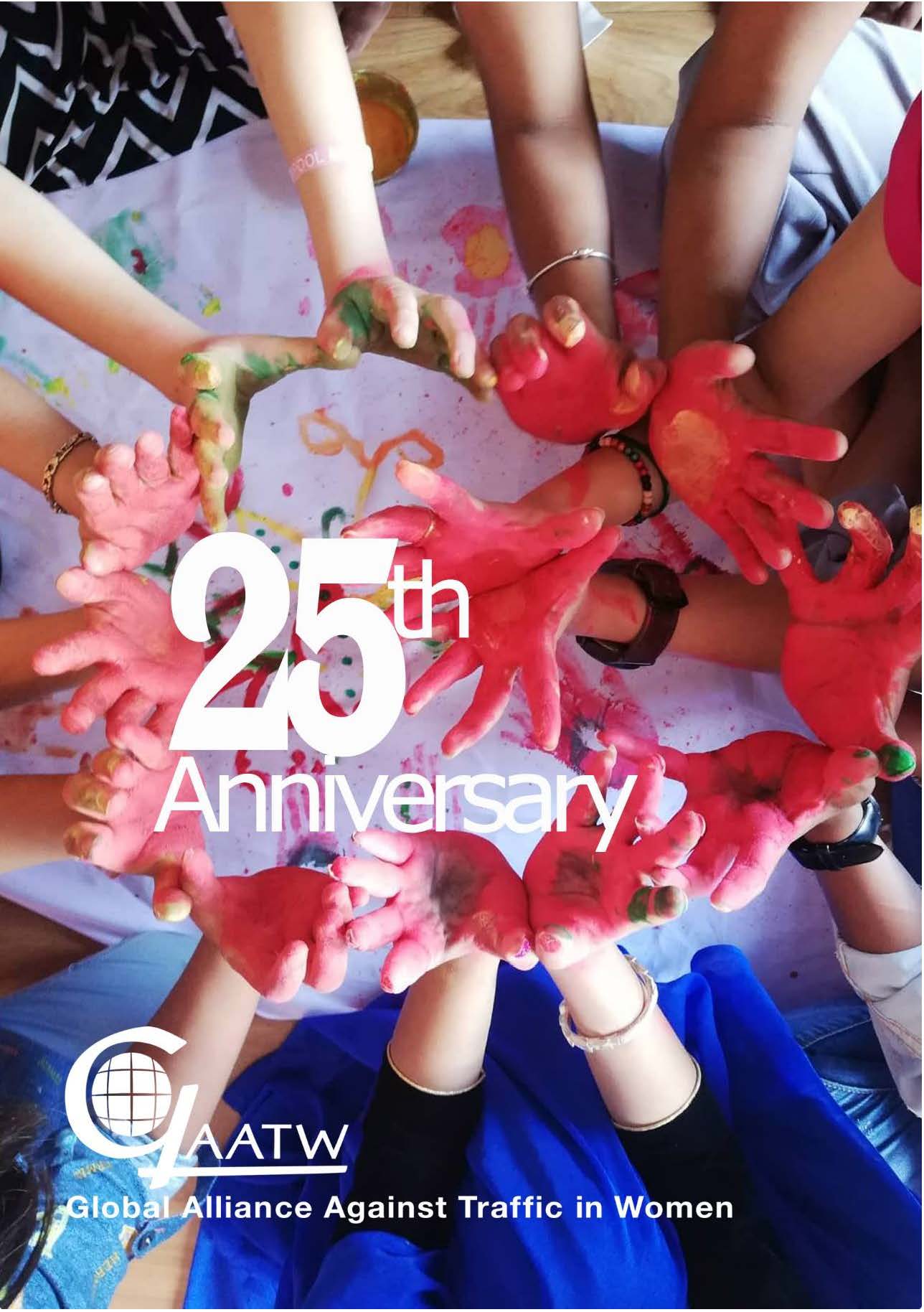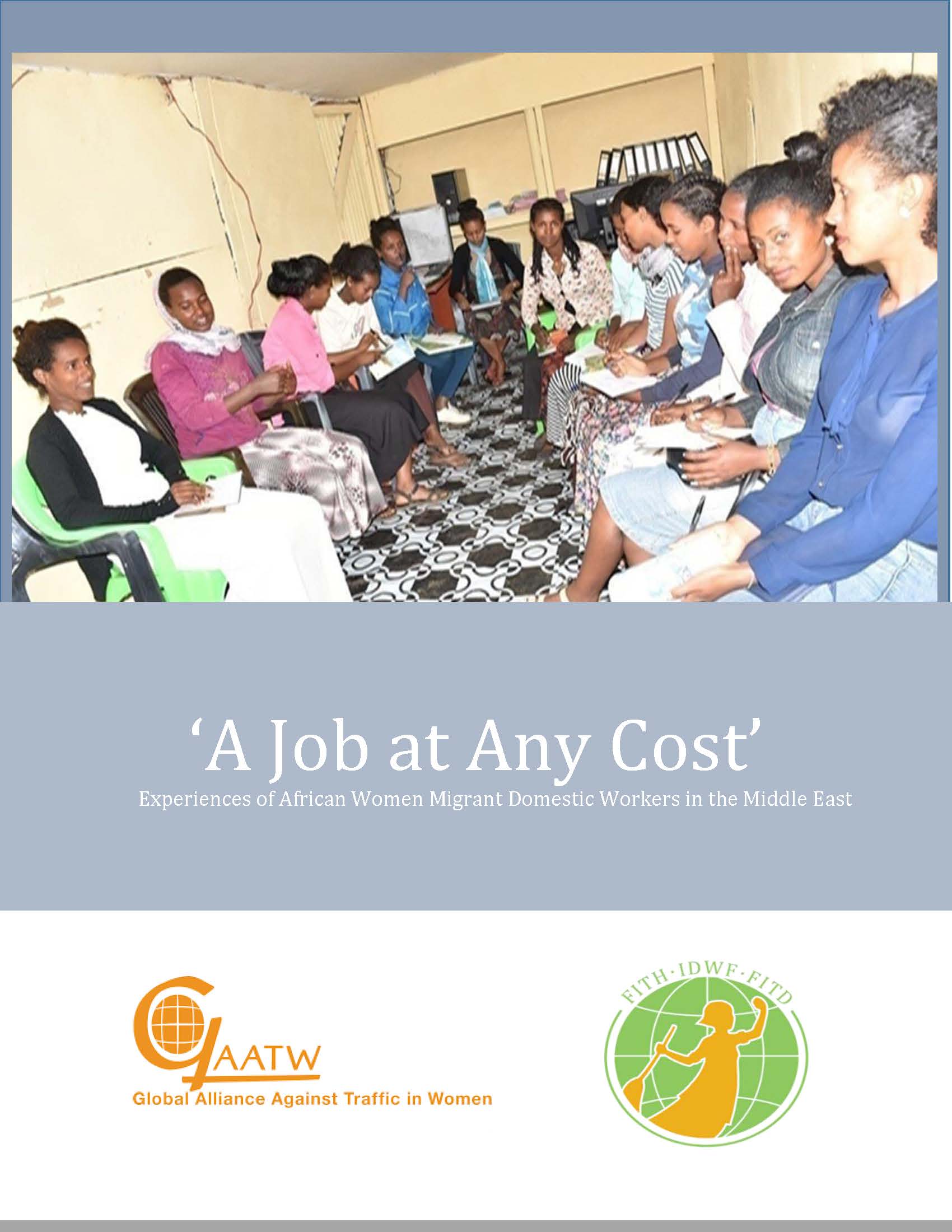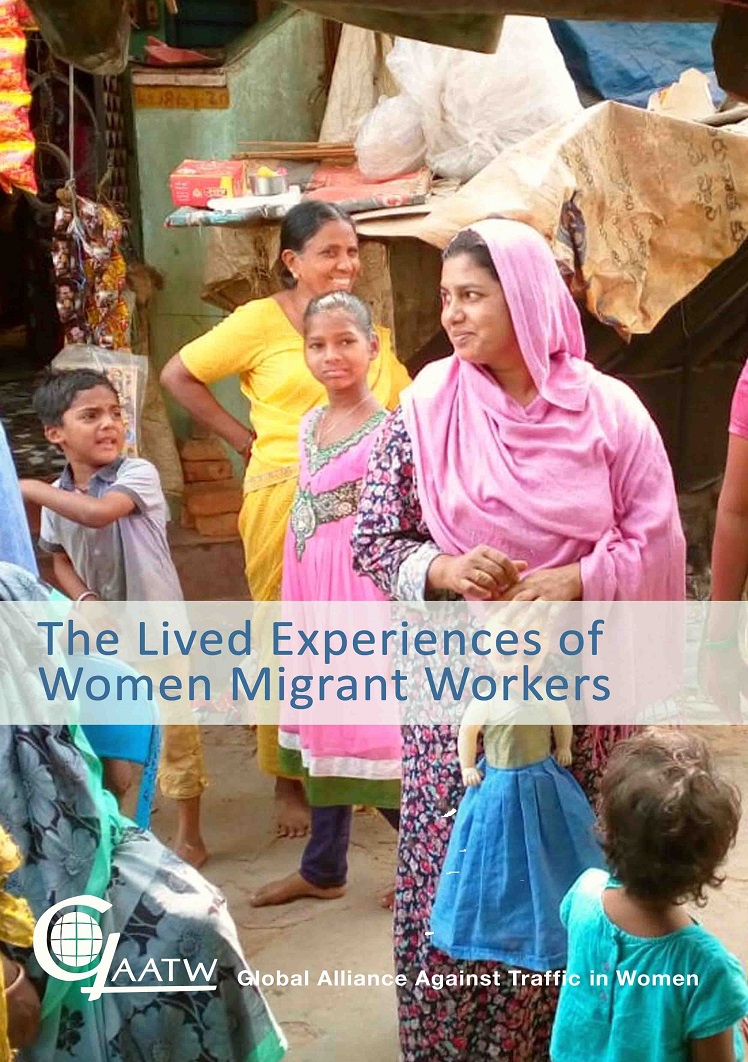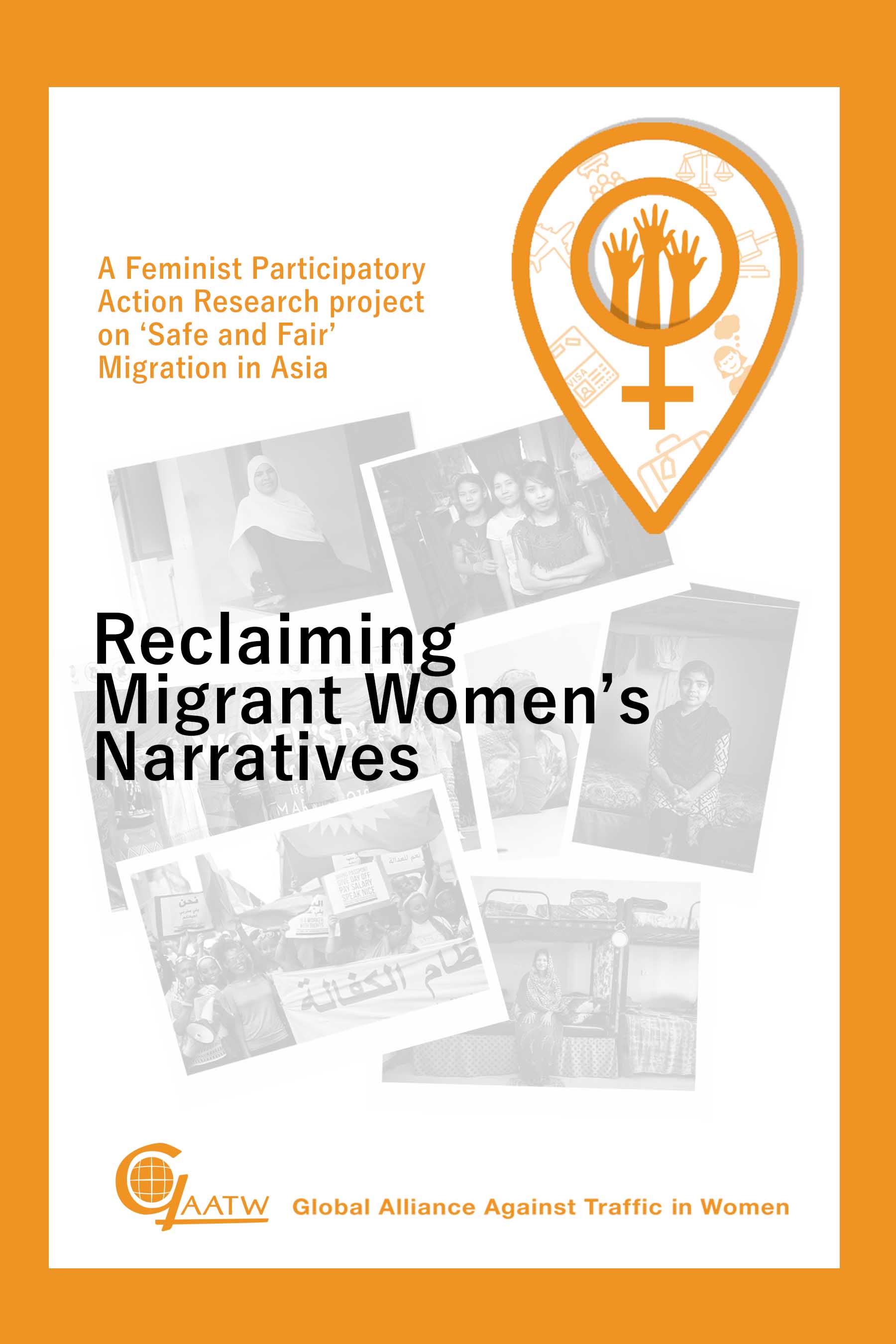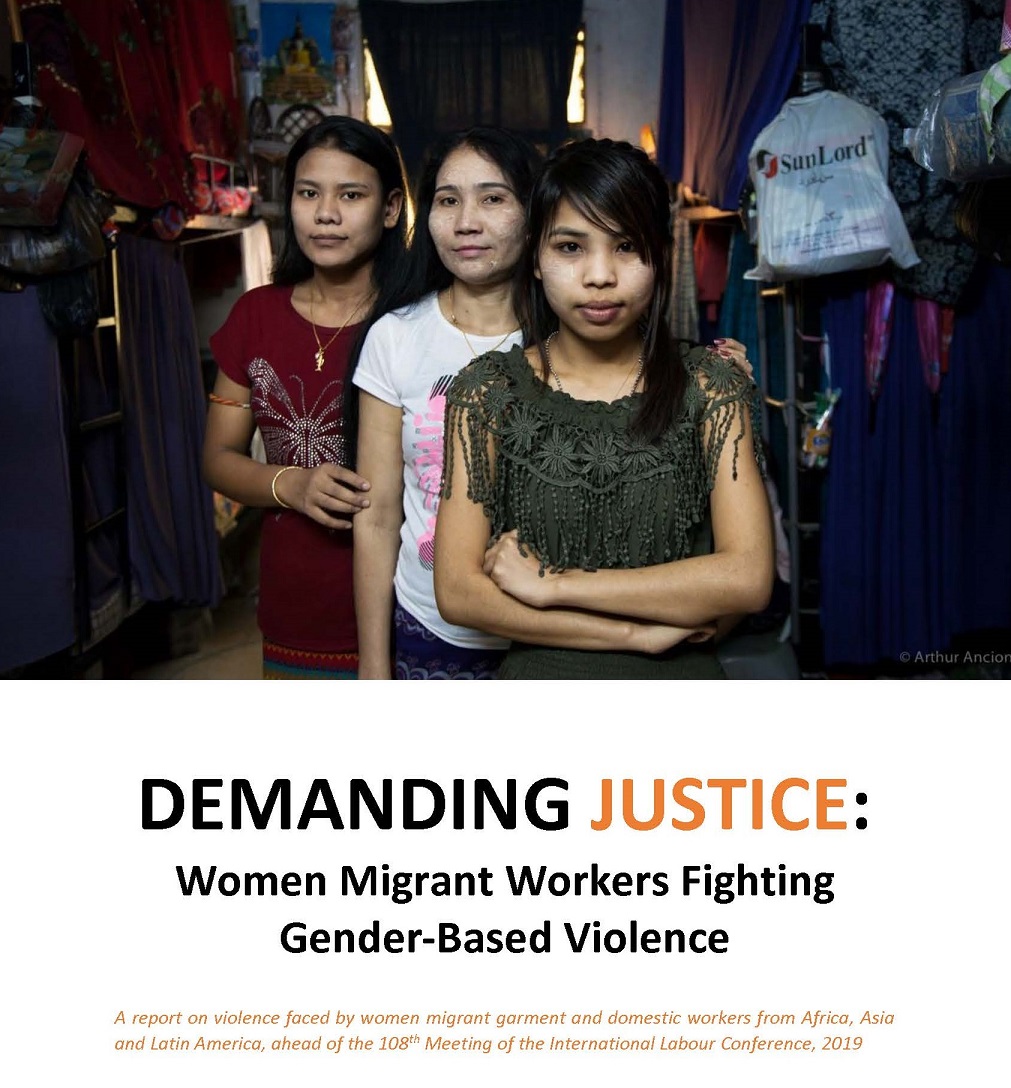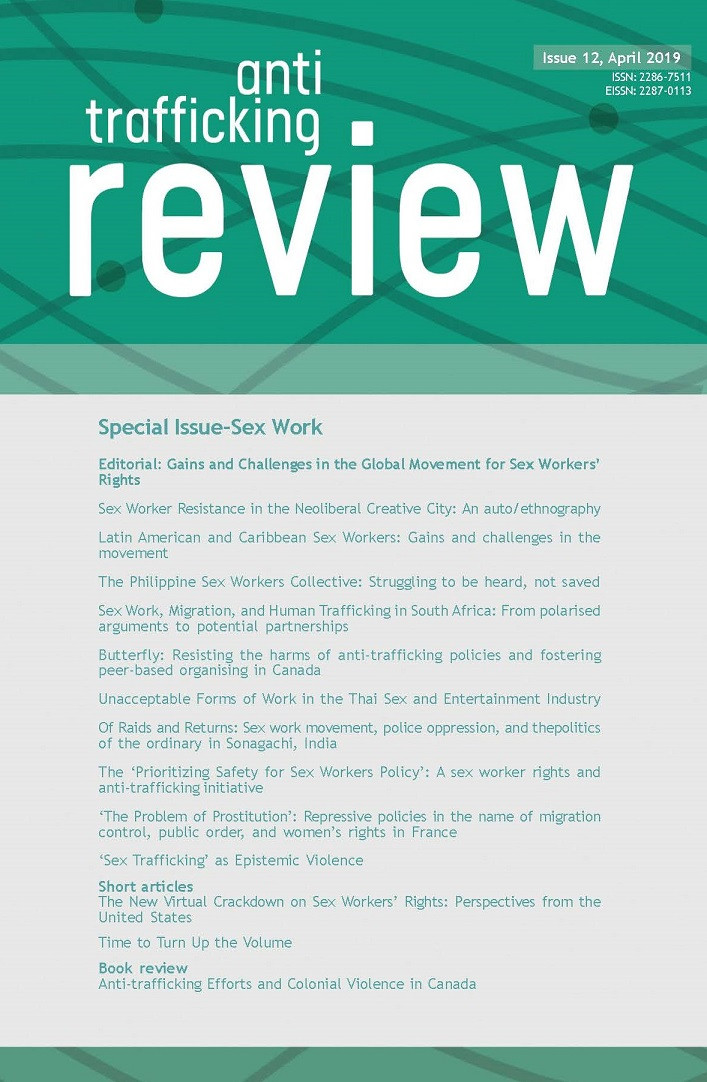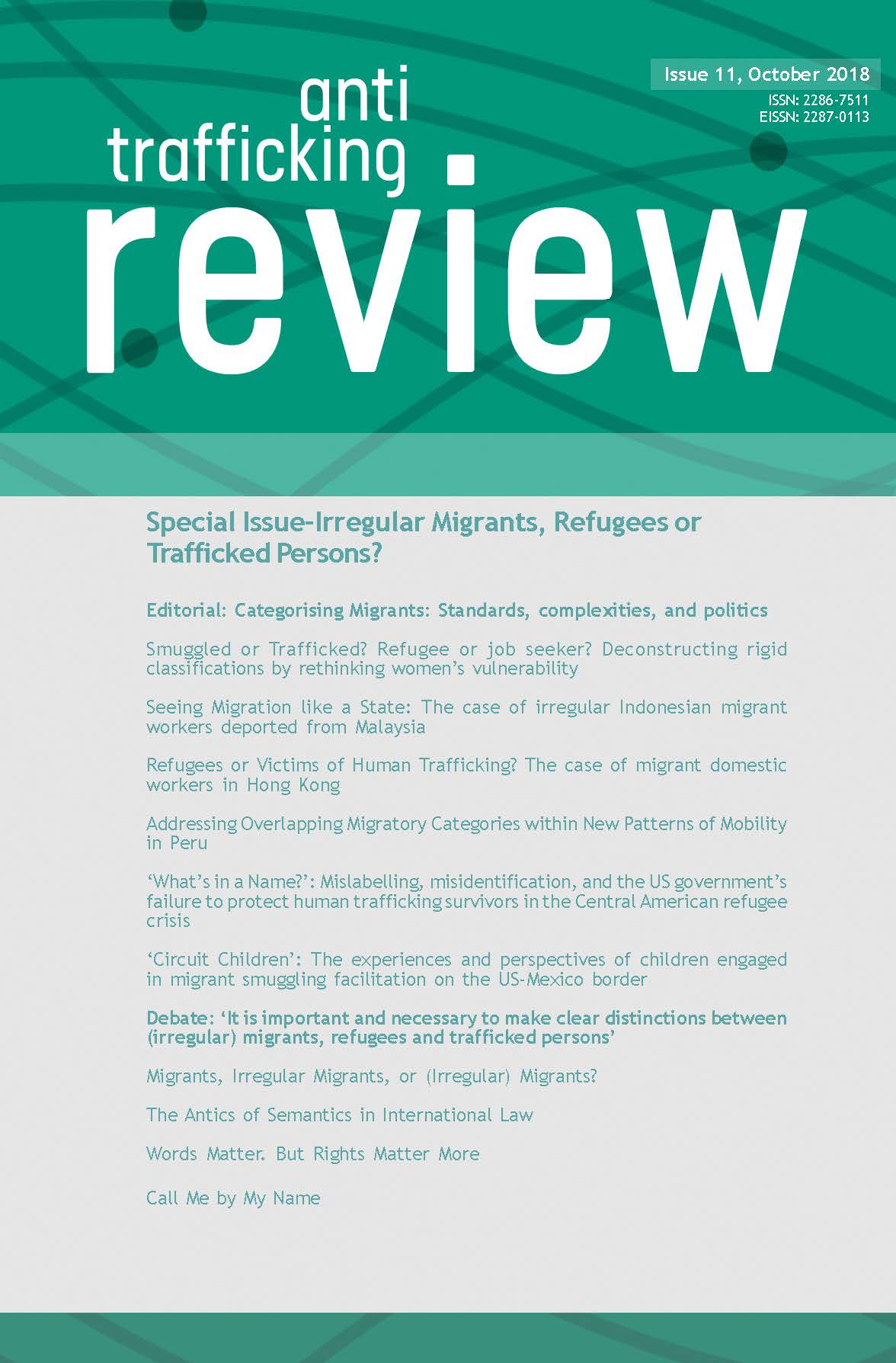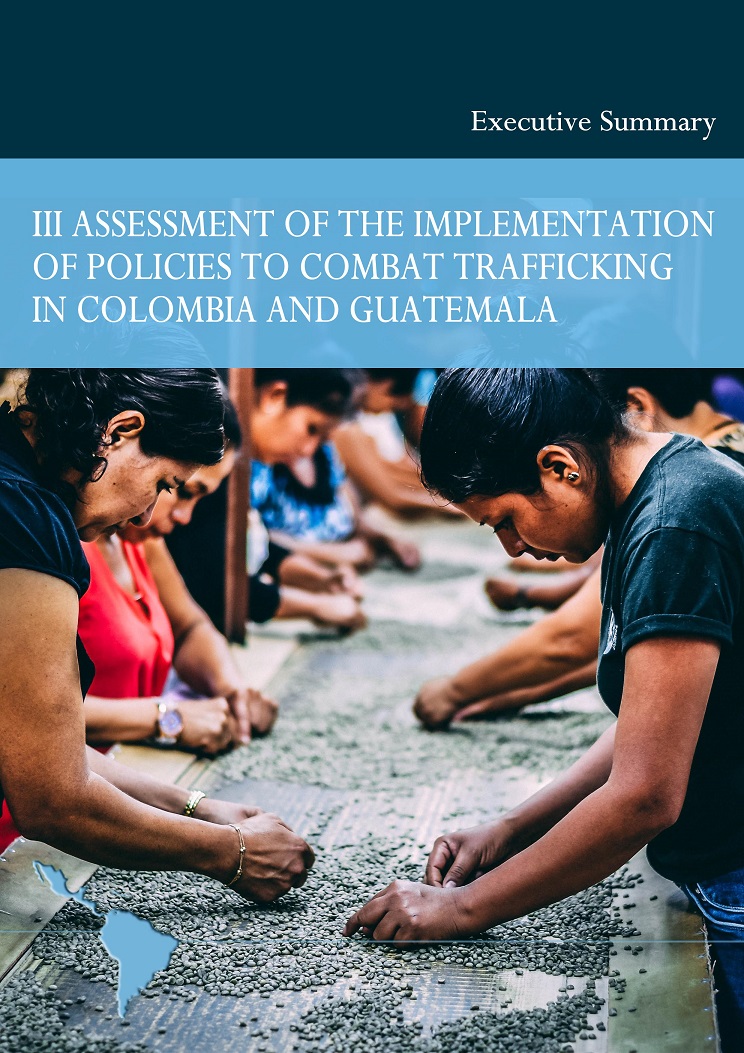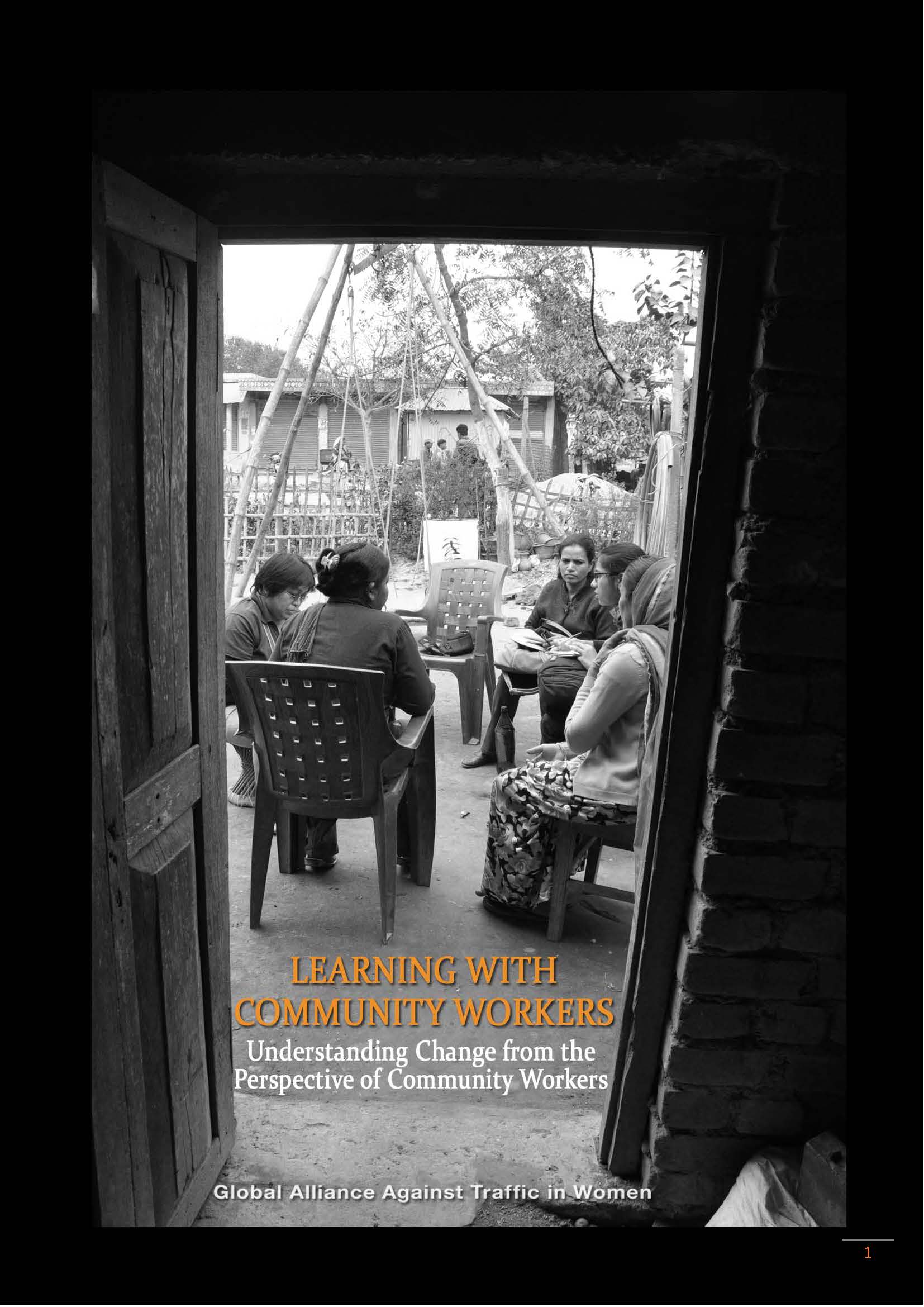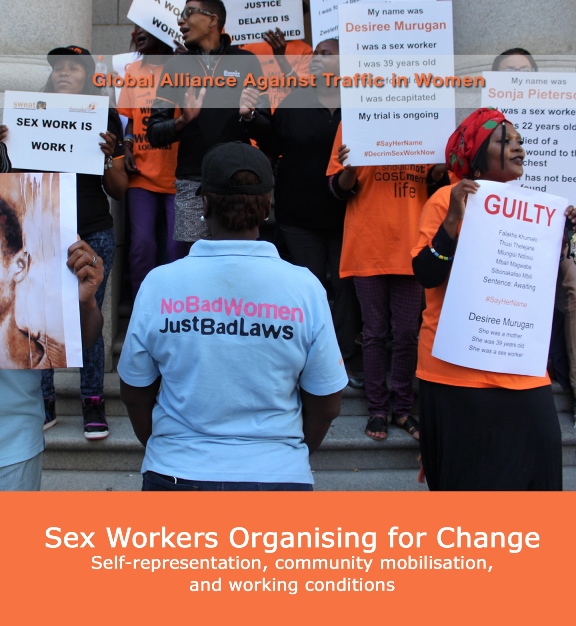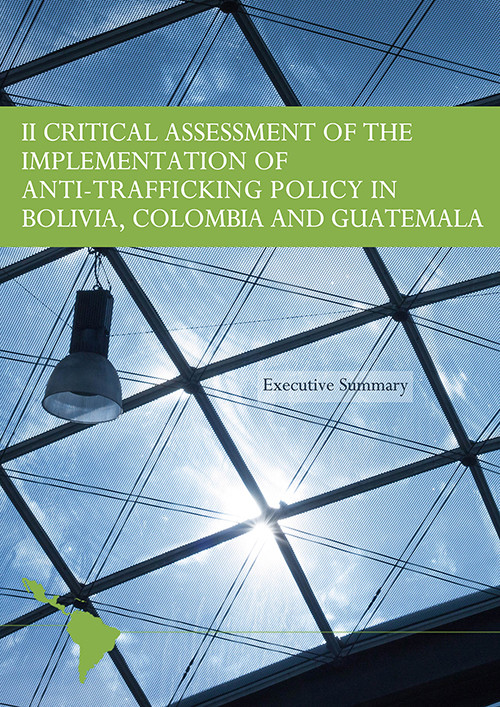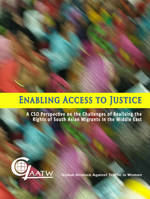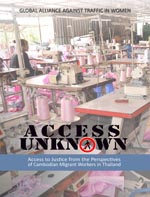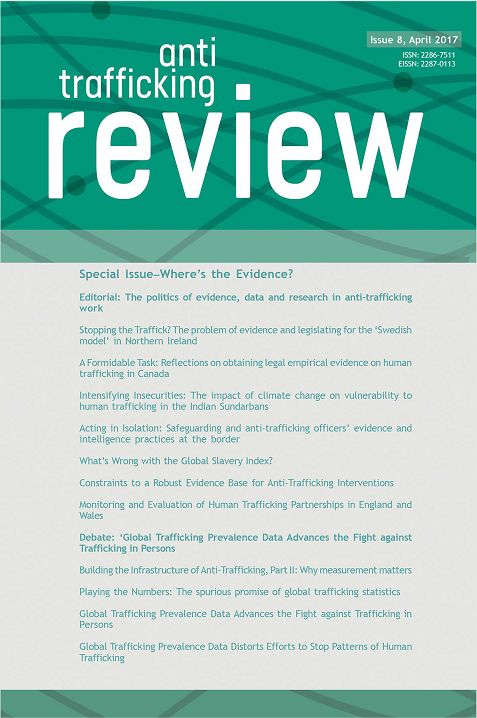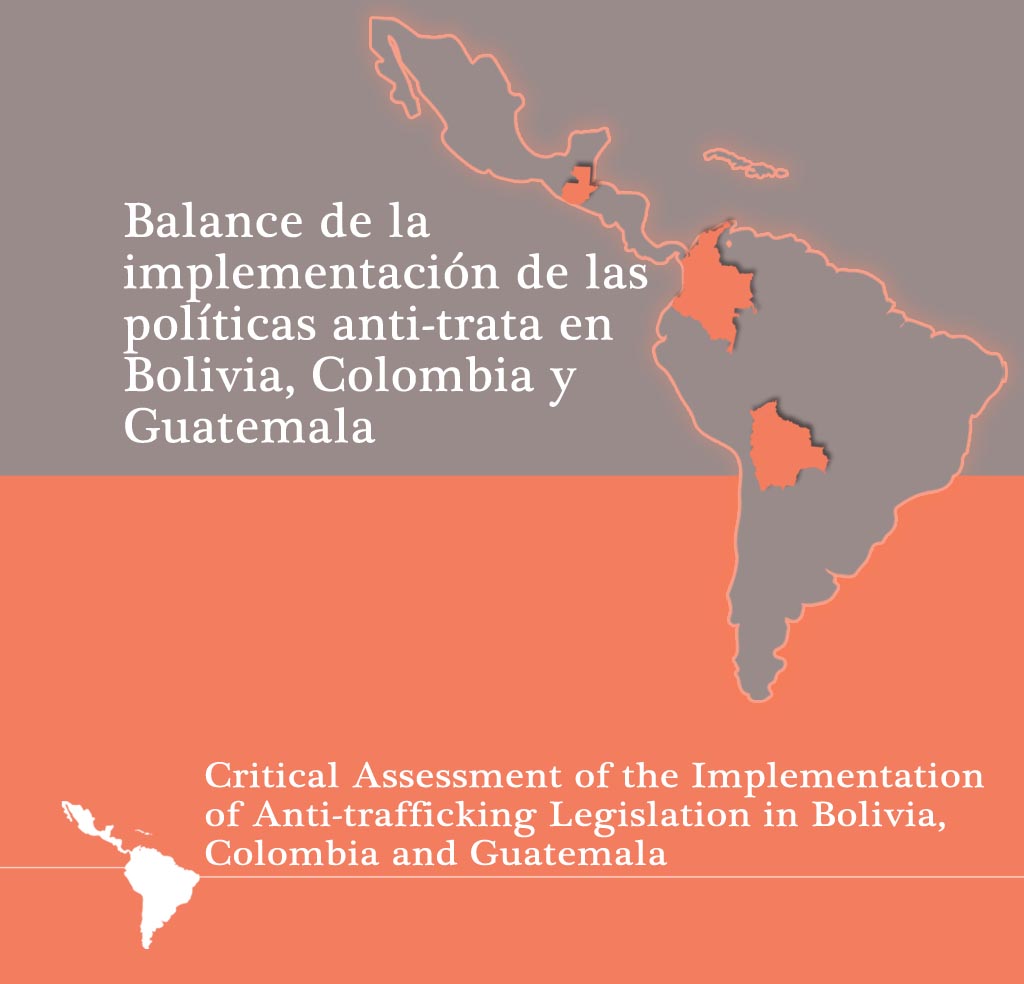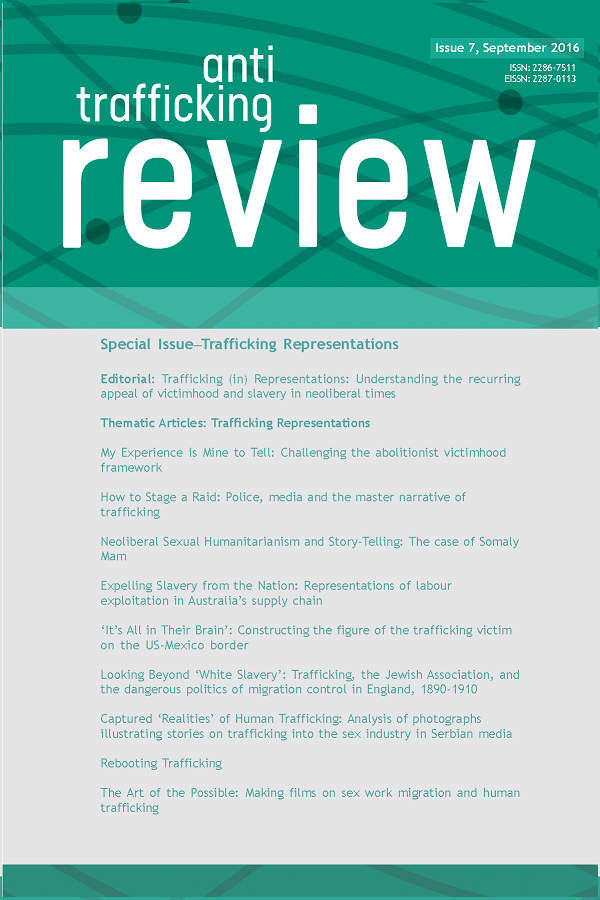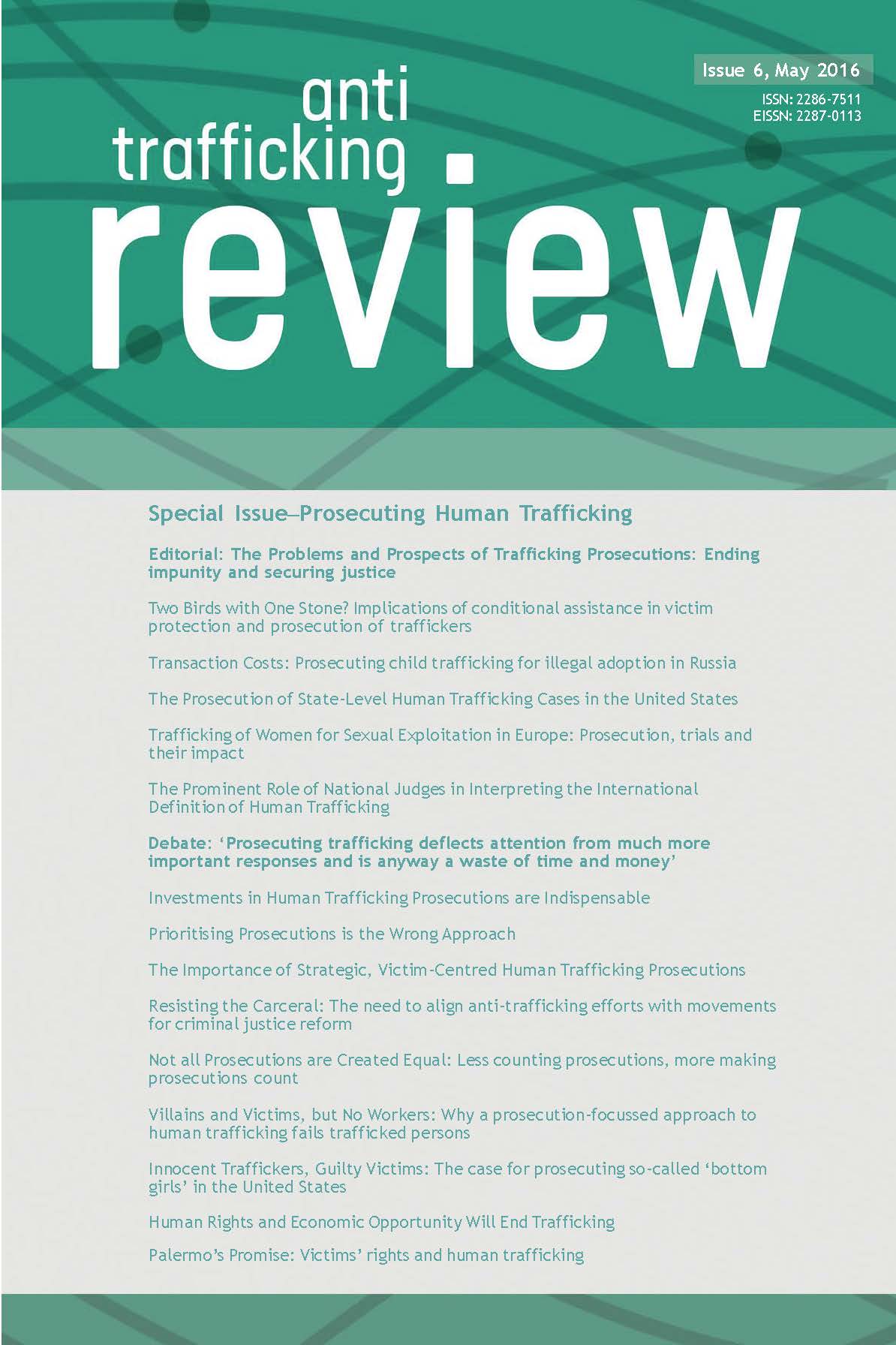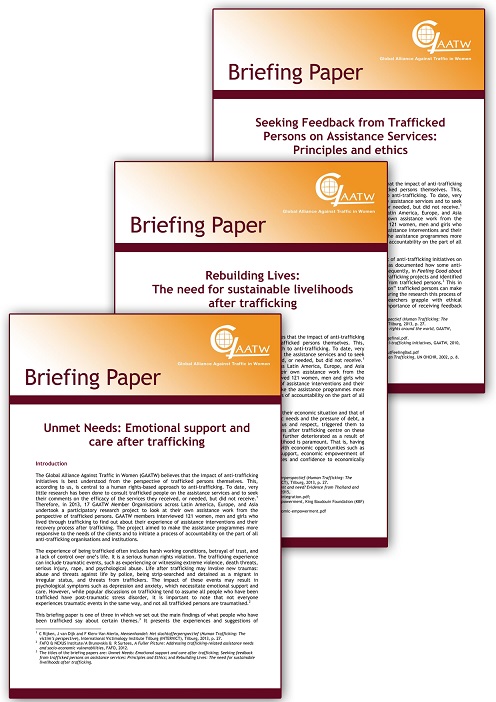Socioeconomic inclusion of migrant and trafficked women in Southeast Asia and Europe
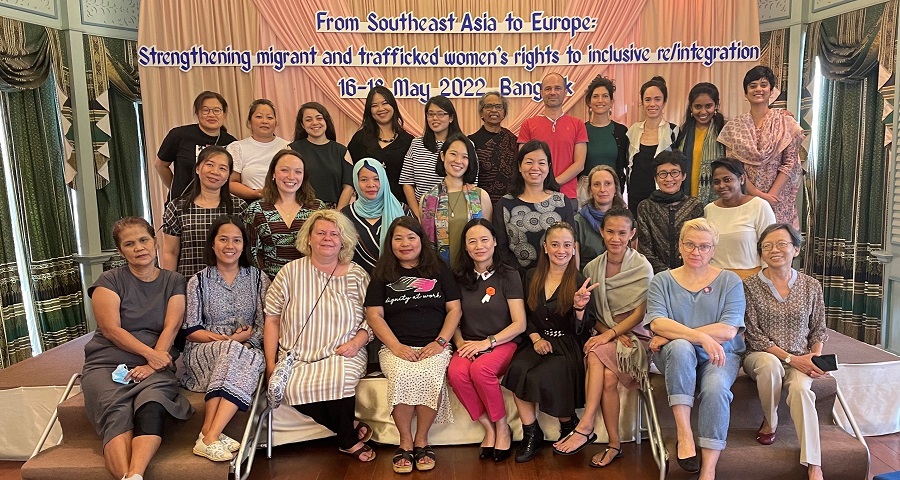 There is limited information about why Southeast Asian women migrate to Europe, how they live there, if and how they return home, and how governments and NGOs support their socioeconomic inclusion in the destination and origin countries. This is why in 2021, we began a new Feminist Participatory Action Research project whose aim is to bring about a positive change in migrant women’s lives through promoting their agendas for change at the local, national, and international levels.
There is limited information about why Southeast Asian women migrate to Europe, how they live there, if and how they return home, and how governments and NGOs support their socioeconomic inclusion in the destination and origin countries. This is why in 2021, we began a new Feminist Participatory Action Research project whose aim is to bring about a positive change in migrant women’s lives through promoting their agendas for change at the local, national, and international levels.
Our partners and fellow travellers in this initiative are ten sister organisations – Batis Center for Women and Blas F. Ople Center, the Philippines, LIGHT and SDRC from Vietnam, La Strada from Poland, Ban Ying from Germany, FairWork from The Netherlands, Comité Contre l’Esclavage Moderne from France, and Southeast and East Asian Centre and Voice of Domestic Workers from the United Kingdom – and one independent consultant in Thailand.
Throughout last year, each of our partners spoke with 20-30 migrant or trafficked women in their country to document women’s experiences of forced and planned migration, of success and traumatisation, of enablers and barriers, of fulfilled dreams and nightmare journeys, and of availability or lack of support throughout their migration journey.
In order to collectively analyse women’s responses and plan our change agenda over the next year, in May we held a project assembly in Bangkok. It was inspiring to learn from and (re)connect with grassroots organisations in the two regions, especially after 1.5 years of meeting each other only online. In addition to sharing research findings, the event was a great opportunity for all of us to get to know each other better and strengthen our connections across countries and regions.
In the coming months, we will hold a series of webinars on women’s migration on the Southeast Asia-Europe corridor (see a recording of the first one, which took place in June); support selected journalists from the participating countries to produce impactful media reports on women’s labour migration and trafficking; and continue our engagement with international, regional, and national spaces dedicated to the rights of migrant and trafficked women.
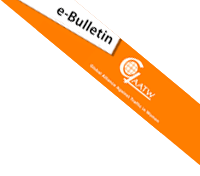


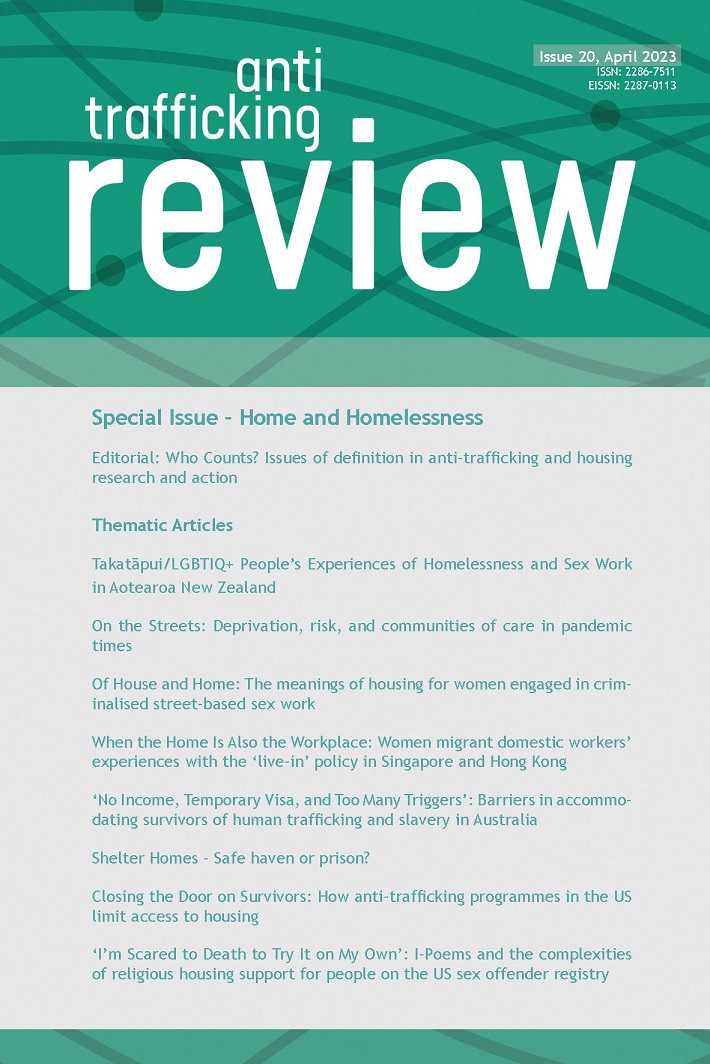
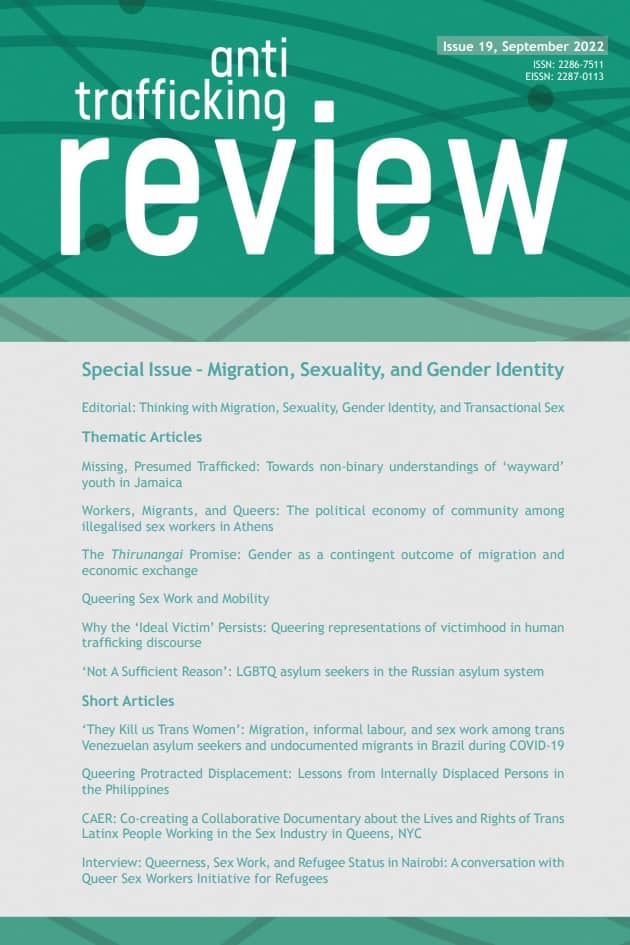
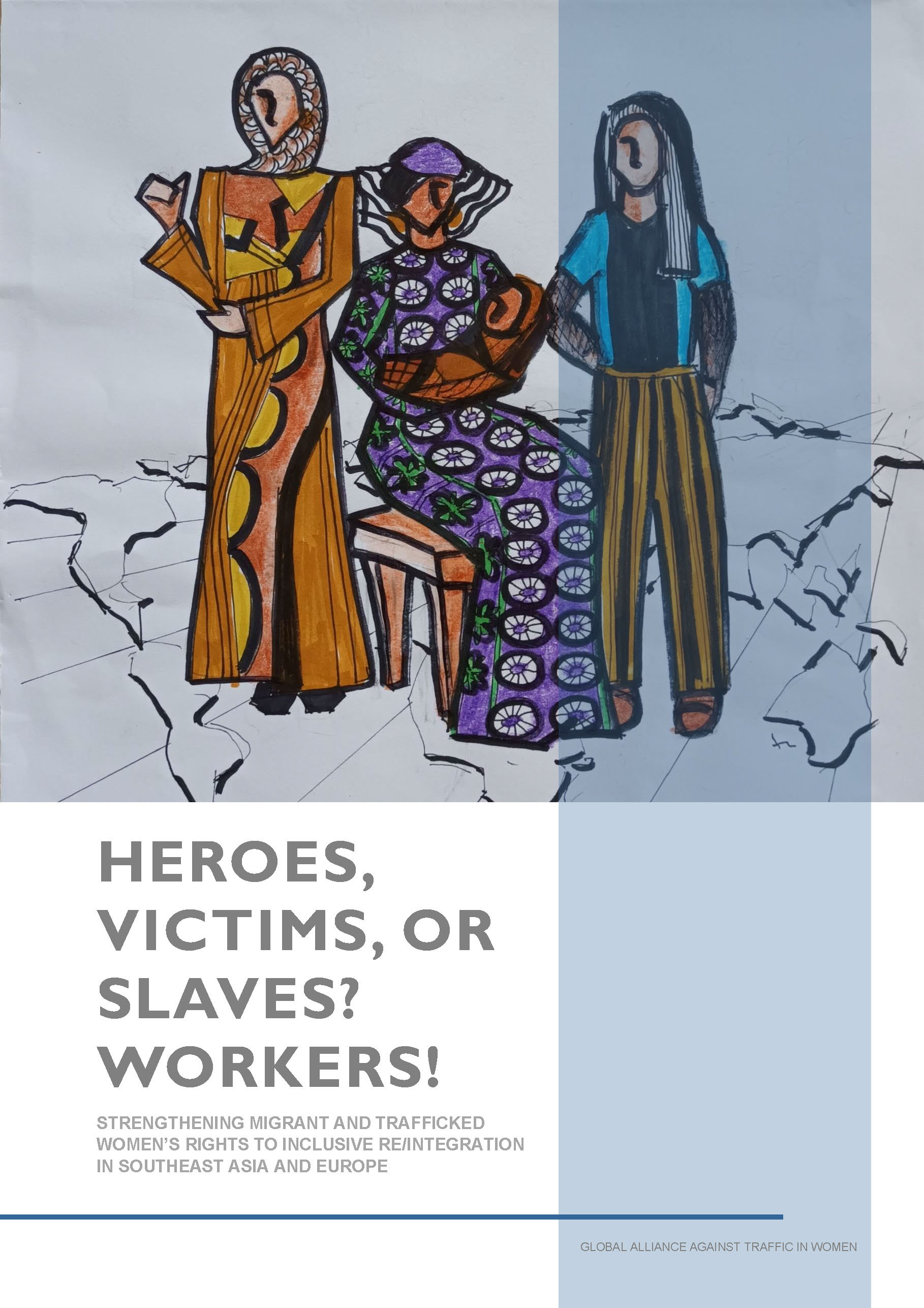
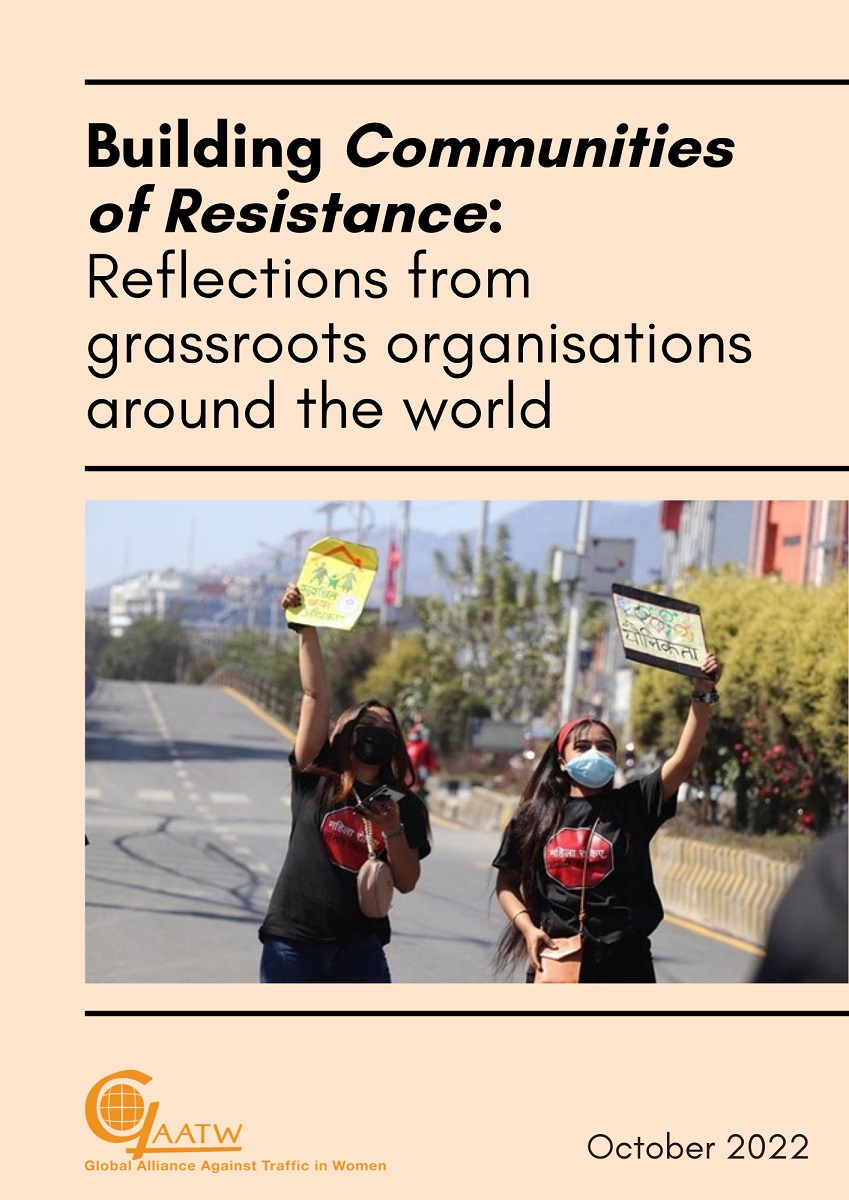
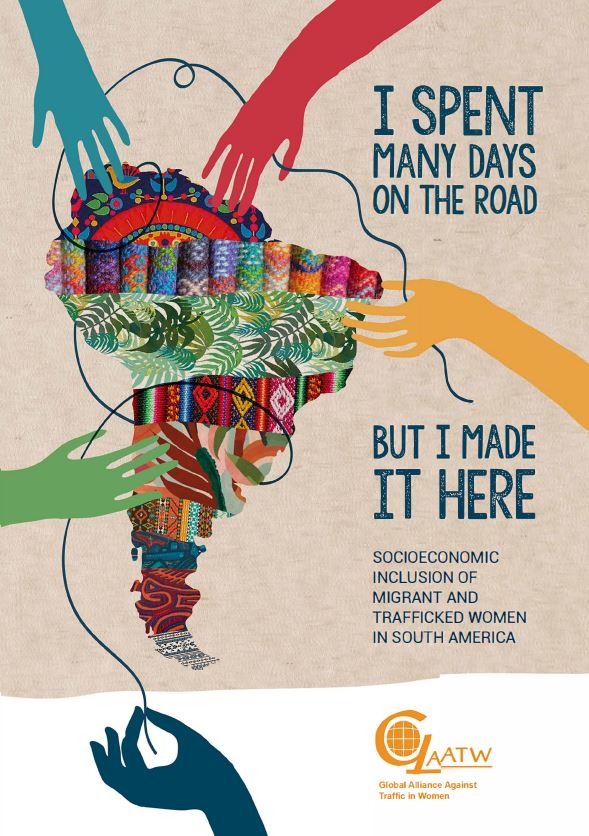
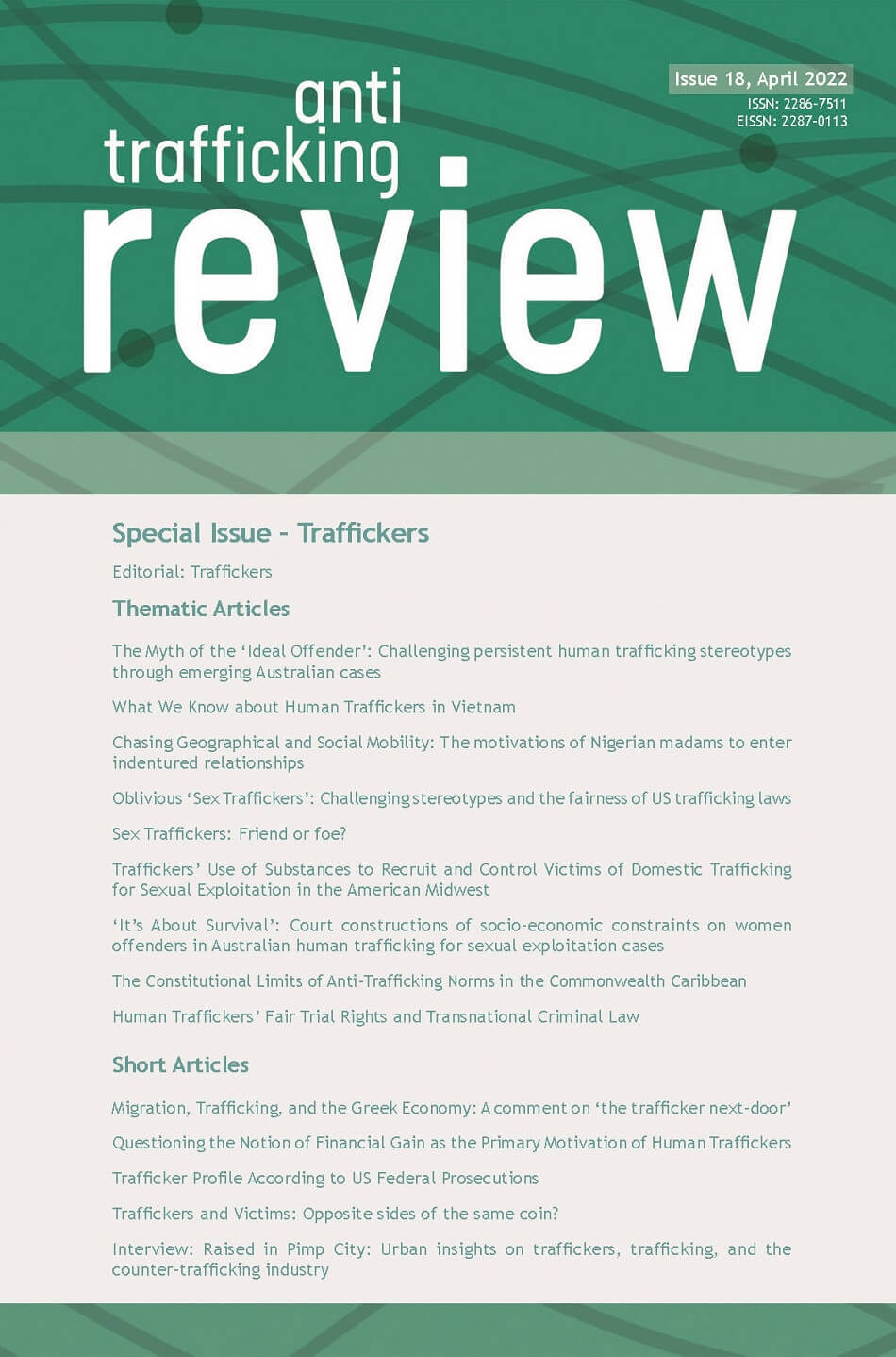
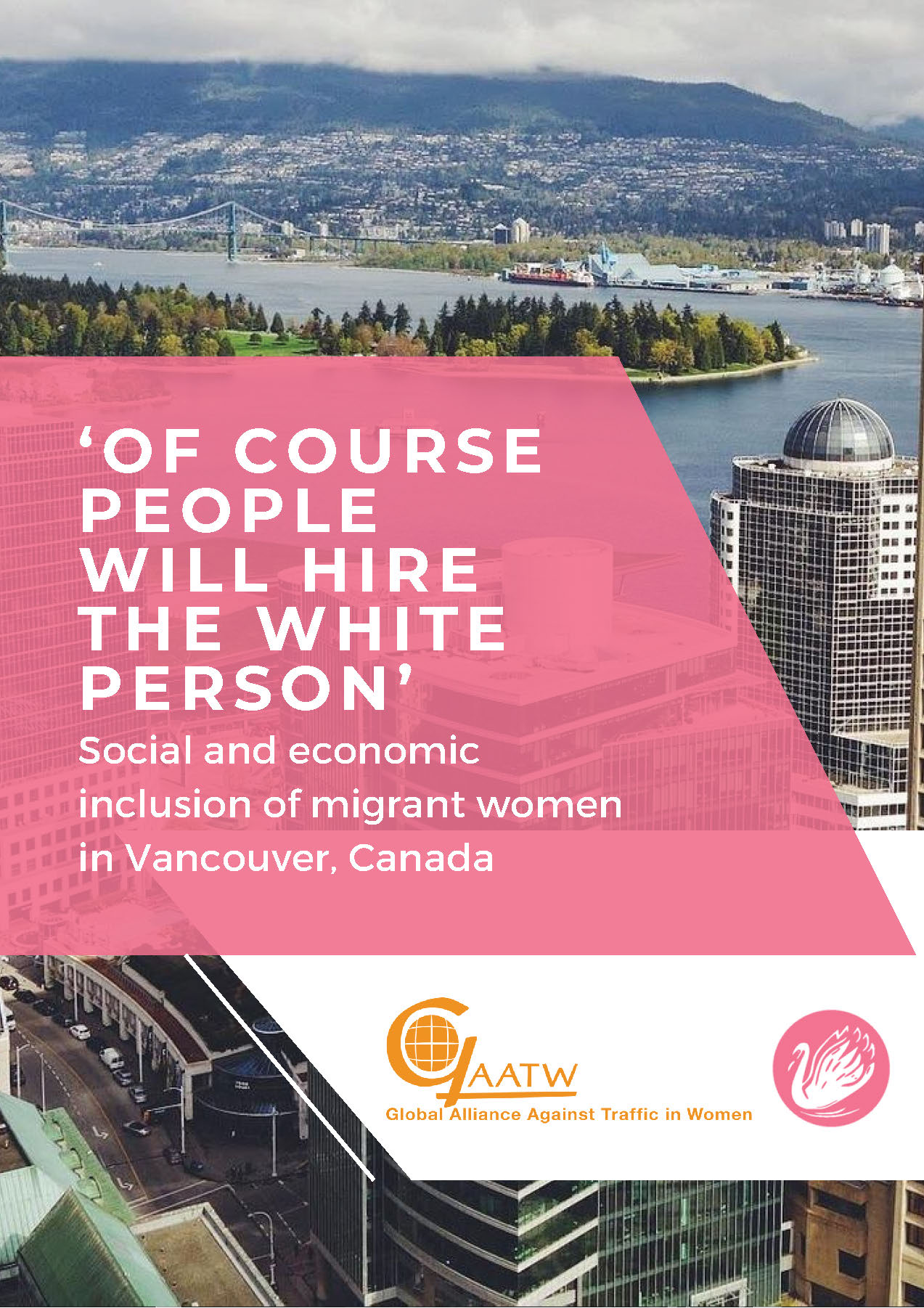
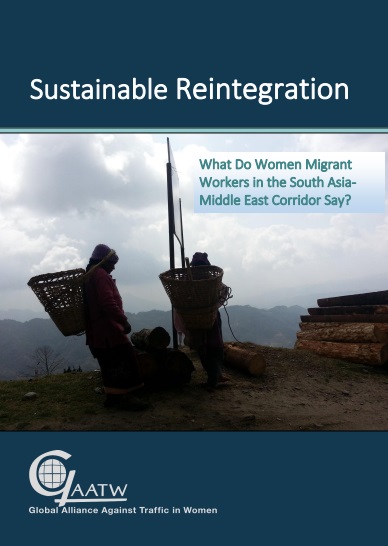
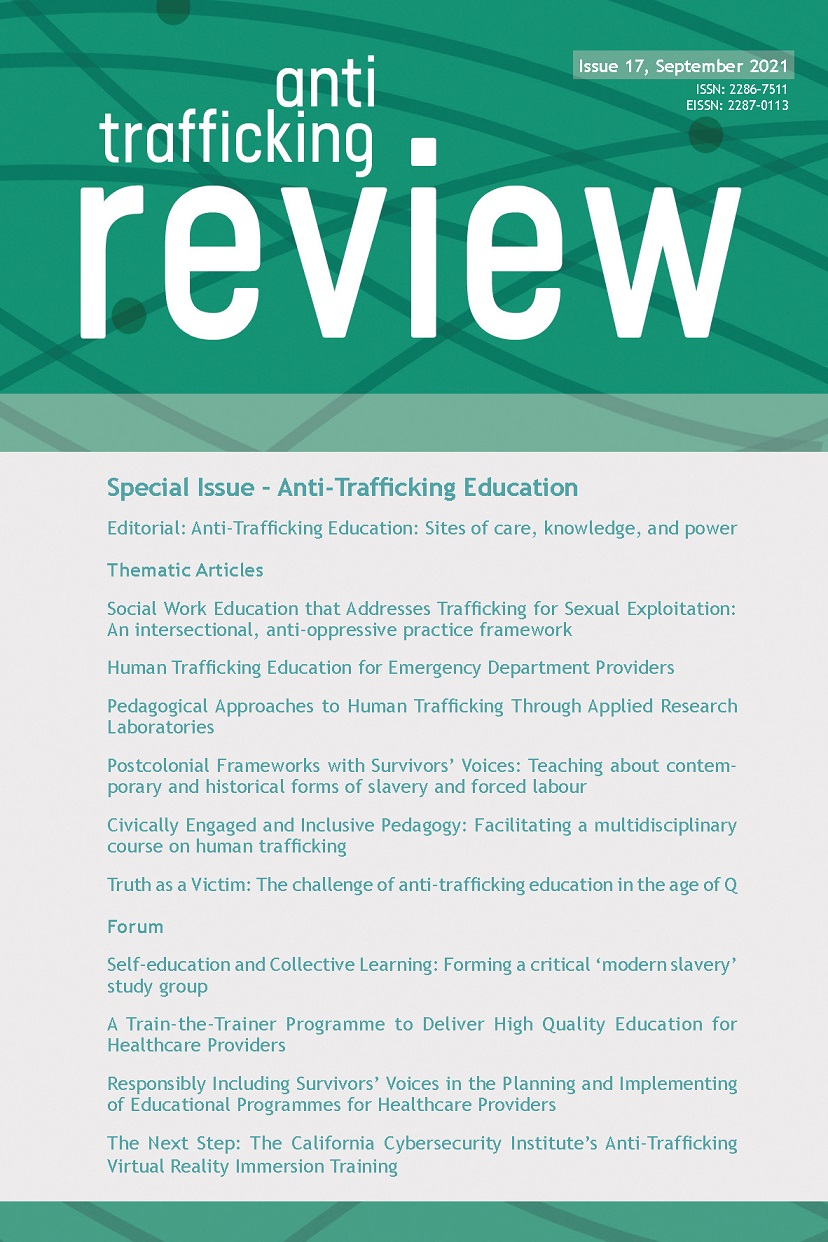
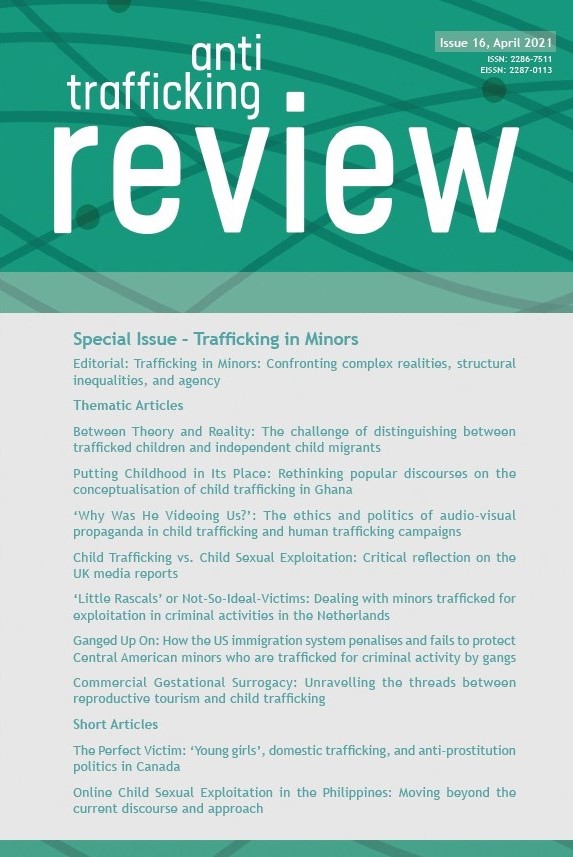
.pdf - Adobe Acrobat Pro 2_8_2021 4_36_32 PM.png)
